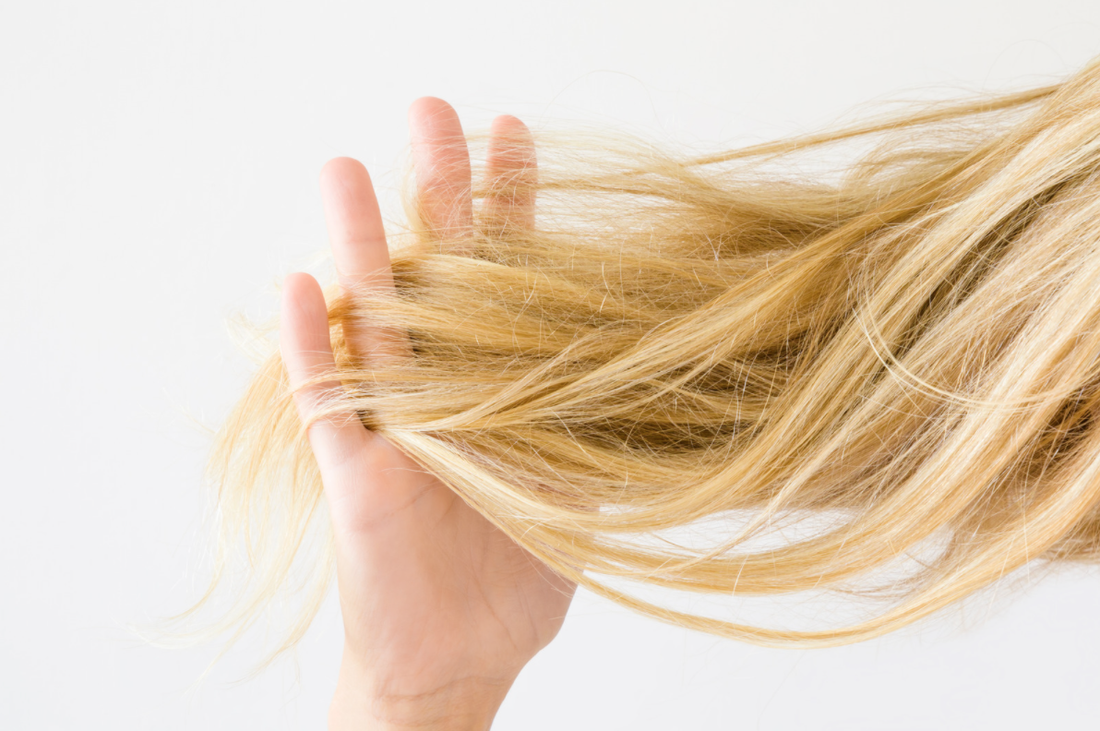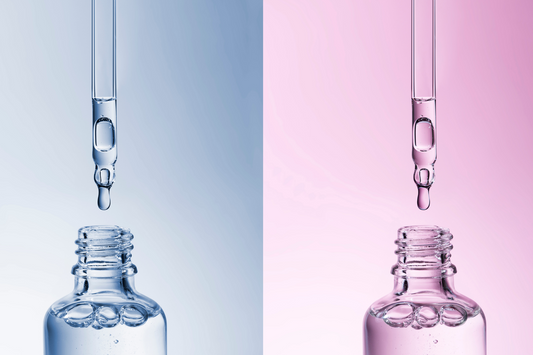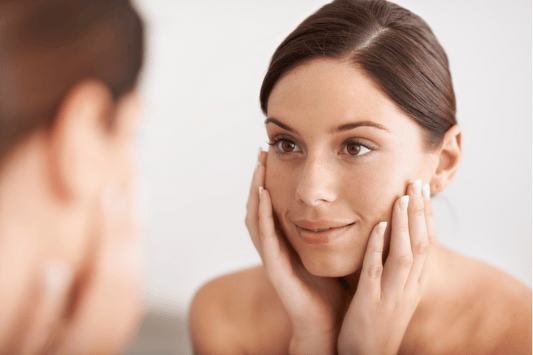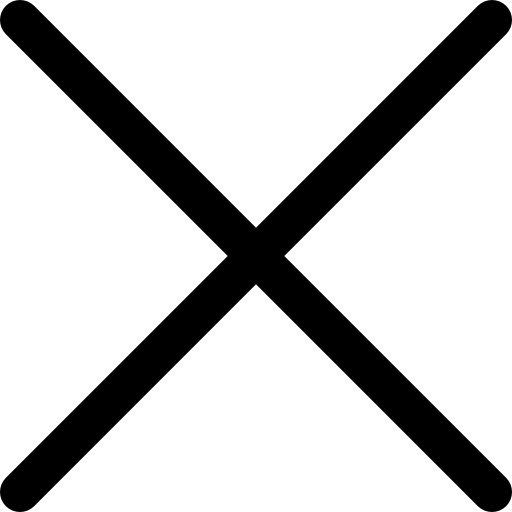What do you think of when you hear the word “dry”? Many of us would say that dry hair is hair that lacks moisture and that this is bad for your hair. Naturally, we reach for moisturizing products from our local beauty supply stores, but is a moisturizer the answer to all your dry hair problems?
What is dry hair?
The literal definition of dry is something that doesn’t have moisture or water. On top of that, most people associate the terms “dry” or “dryness” with the feelings of crispiness and brittleness. In terms of hair, these feelings associated with dryness actually occur when the hair has a lot of moisture in it. Confusing, right?
Hair that feels dry isn’t actually dry.
According to a scientific study from the textbook, “Chemical and Physical Behavior of Human Hair,” people perceive hair that contains more water as “dry” and hair that contains less water as “more moisturized”. Looking at your hair under a microscope, hair with less water in it tends to look healthier and stronger than hair that’s saturated with water.
The reasoning behind this is that when your hair absorbs water, it swells and causes your cuticles (outermost layer of your hair that is made up of little scales) to lift. When this happens, the surface of your hair can feel rough, potentially leading to more friction. Whereas when water evaporates from your hair, the opposite happens — your hair does not swell and the cuticles on your hair lay down which cause your hair to feel softer and smoother.
So should I treat my hair with a moisturizing product?
Since dry hair contains a fair amount of water, you probably don’t want to plop any old moisturizing product on your head in an attempt to fix your hair.
What your hair really needs is conditioning.
When your hair feels soft and smooth, people refer to it as “moisturized”. This preconceived notion is probably due to the actual marketing of products as brands will use the terms that sell to customers. However, moisturizing is different than conditioning your hair. Conditioner makes it easier to comb through hair by lubricating your strands and making them more slippery. Conditioner also closes the cuticles and protects the hair shaft from damage.

The problem
Although using the word “moisturizing” in place of “conditioning” seems harmless, this can potentially lead to mistaken advice and damaged hair. Someone might believe that they need to lock more moisture or water into their hair and apply an excessive amount of moisturizer. Remember- everything in moderation! Too much of any product is not healthy.
Anyways, the issue when it comes to dry hair or moisturized hair is the difference between ‘consumer language’ and ‘scientific language’ — this seemingly minute difference could end up causing harm to your hair.
If my hair isn’t dry, then what’s wrong with it?
There are a number of reasons why your hair could be giving you issues. For instance, when it’s humid, your hair becomes frizzy. Higher humidity means there’s more water in the air and more water in your hair.
If you bleach your hair, chemically straighten or curl your hair, or regularly use heat to style your hair, you’re most likely damaging your hair. Everyone has some amount of hair damage whether it’s from styling or general wear and tear.
What can you do? You can try to prevent more hair damage by avoiding future damage.
Try not to roughly or excessively brush your hair, as it can lead to breakage. Gently brush your hair starting at the bottom. Other ways to prevent more damage are by protecting your hair from overexposure to sunlight and avoiding bleach or chemical treatments. You could try treatments that temporarily repair some of the broken bonds in your hair like Olaplex. Another option is to use products that conceal the damage and make your hair look shiny, such as conditioners, split end treatments, masks, and oils.





